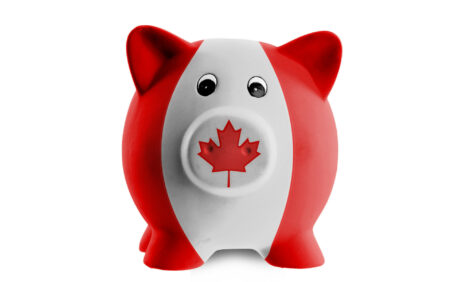



CME: US Pork and Beef Imports in 2007
US - CME's Daily Livestock Report for 29th July 2008.On July 29, USDA published in the Federal Register the Interim Final Rule regarding the implementation of the Mandatory Country of Origin Labeling (COOL) provision in the 2008 farm bill. For those that may want to skip reading the 233 page rule, the AMI has put together a Cliff Notes version, which does a very good job of highlighting the main points
| E-Livestock Volume | 29-Jul | 28-Jul | 22-Jul |
|---|---|---|---|
| LE (E-Live Cattle): | 12,596 | 9,192 | 13,348 |
| GF (E-Feeder Cattle): | 800 | 520 | 728 |
| HE (E-Lean Hogs): | 11,330 | 10,966 | 23,424 |
In past issues of the DLR, we have noted some of the concerns regarding the costs that such a rule will impose on an industry that already operates with relatively thin margins. Given the rapid rise in raw material costs, any additional expenses will further add to the final bill that US consumers are asked to pay. This latest interim rule incorporates the changes made to this legislation in the 2008 farm bill. One of the more significant changes, in our view, is the relaxation of the recordkeeping burden that retailers will be asked to carry.
The rule now does not ask retailers to maintain records at store level but in any company location, as long as the retailer can respond to a USDA request for information within five business day. Also important is the change in the law that would allow packers to accept producer affidavits as an official record for the purpose of verifying the origin of animals slaughtered. The claim, however, needs to be made by someone who has first hand knowledge of this information. This should make life a whole lot easier for US cattle producers who were worried that they would have to keep detailed records on each head of cattle and present them each time a delivery was made.
There are a lot of provisions in the current law as to what commodities are covered, how to label ground meats that could come from a number of countries, and the penalties for non conformance. Interestingly, the law provides that only “records maintained in the normal conduct of the business” can be used to verify the country of origin. While the industry would still prefer not having to add more information in already crowded labels, the latest legislation has gone a long way towards reducing the initial prohibitive costs associated with this legislation. Time will only tell its real value.









